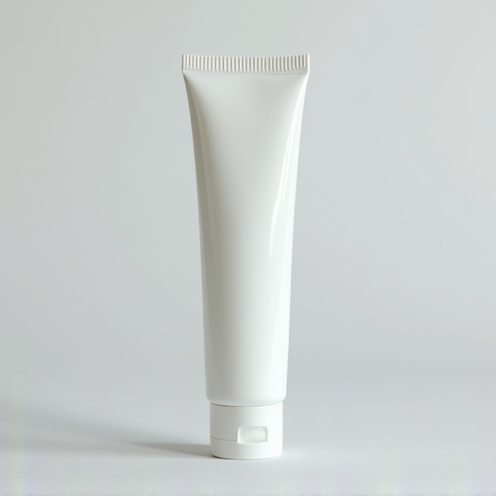Betadine Cream
Product Info
| Prescription required | No |
| Marketer | Win-Medicare Pvt Ltd |
| Active Ingredient | Povidone Iodine (5% w/w) |
| Storage | Store below 30°C |
| Chemical Class | Iodinated polyvinyl polymer |
| Habit Forming | No |
| Therapeutic Class | DERMA |
| Action Class | Antiseptics and disinfectants |
| User Rating | 4.5 |
| User Reviews | 457 |
FAQ






















Betadine Cream Reviews
Betadine is for external use only. You should always use it exactly as your doctor has told you. The affected area should be clean and dry before application. You must wash your hands thoroughly before and after applying this medicine. This medicine should be used regularly to get the most benefit from it. Do not use more than you need as it will not clear your condition faster and some side effects may be increased. You can help this medication work better by keeping the affected areas clean.
This medicine may cause side effects like skin irritation, redness, or itching at the site of application. Please consult your doctor if these side effects persist for a longer duration. Avoid direct contact with your eyes. In case of direct contact, wash your eyes with water and seek immediate medical attention. You should stop taking it straight away if you have any signs of an allergic reaction. Signs of this include rash, swelling of the lips, throat, or face, swallowing or breathing problems, feeling dizzy or faint, and nausea.
How Betadine Cream Works
How to Use Betadine Cream
Benefits of Betadine Cream
- In Treatment and prevention of Wound infection: Betadine is a versatile antiseptic that is used for the treatment and prevention of infection. Betadine kills and prevents the growth of infection-causing microbes, thereby preventing abrasions, cuts, and wounds, or any break in the skin from getting infected. The antiseptic effect is caused due to the slow release of iodine. Keep the affected area clean and use the medicine as prescribed by your doctor.
Uses of Betadine Cream
- Treatment and prevention of Wound infection
Betadine Cream Side Effects

Safety Tips
Quick Tips
- Do not use it on burnt, broken or inflamed skin.
- Betadine is an antiseptic that helps treat and prevent infections.
- Avoid contact with eyes and nose. In case of accidental contact, rinse thoroughly with water.
- Apply a small amount to the affected area after cleaning it properly.
References
- Drugs.com. Povidone Iodine.
- Povidone Iodine. Watchmoor Park, Camberley Surrey: Novartis Consumer Health UK Ltd.; 1998 [revised 6 May 2014].
- Briggs GG, Freeman RK, editors. A Reference Guide to Fetal and Neonatal Risk: Drugs in Pregnancy and Lactation. 10th ed. Philadelphia, PA: Wolters Kluwer Health; 2015. p. 1139.
- Chaves RG, Lamounier JA. Breastfeeding and maternal medications. J Pediatr (Rio J). 2004;80(5 Suppl):S189-S198.
- Central Drugs Standard Control Organisation (CDSCO).
